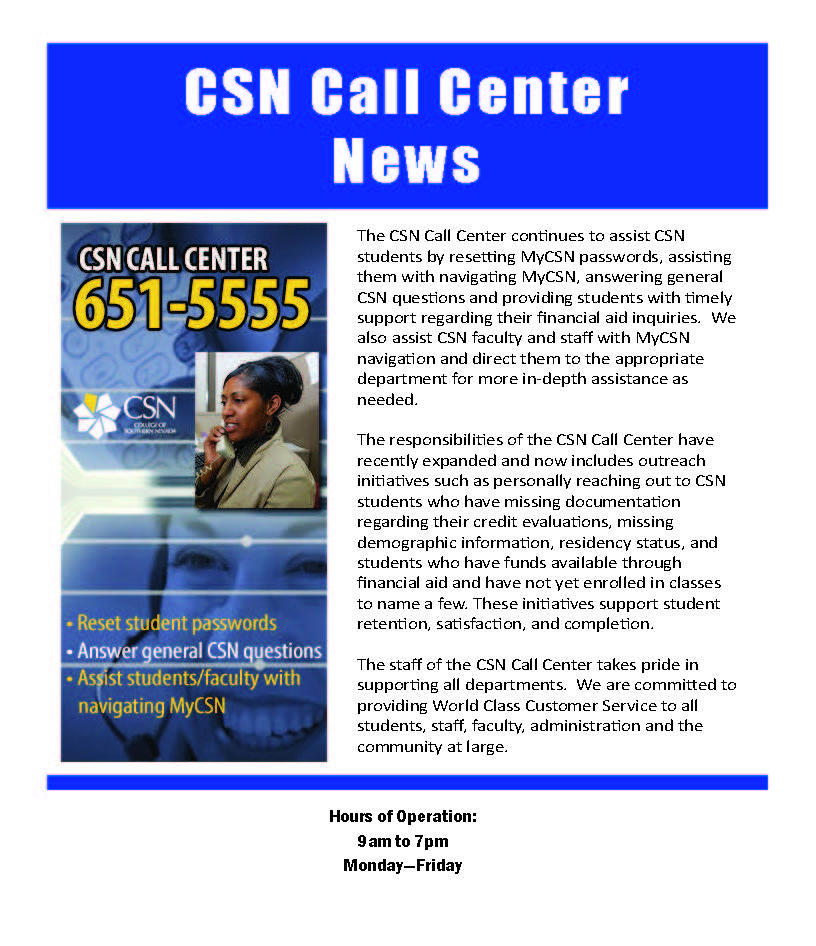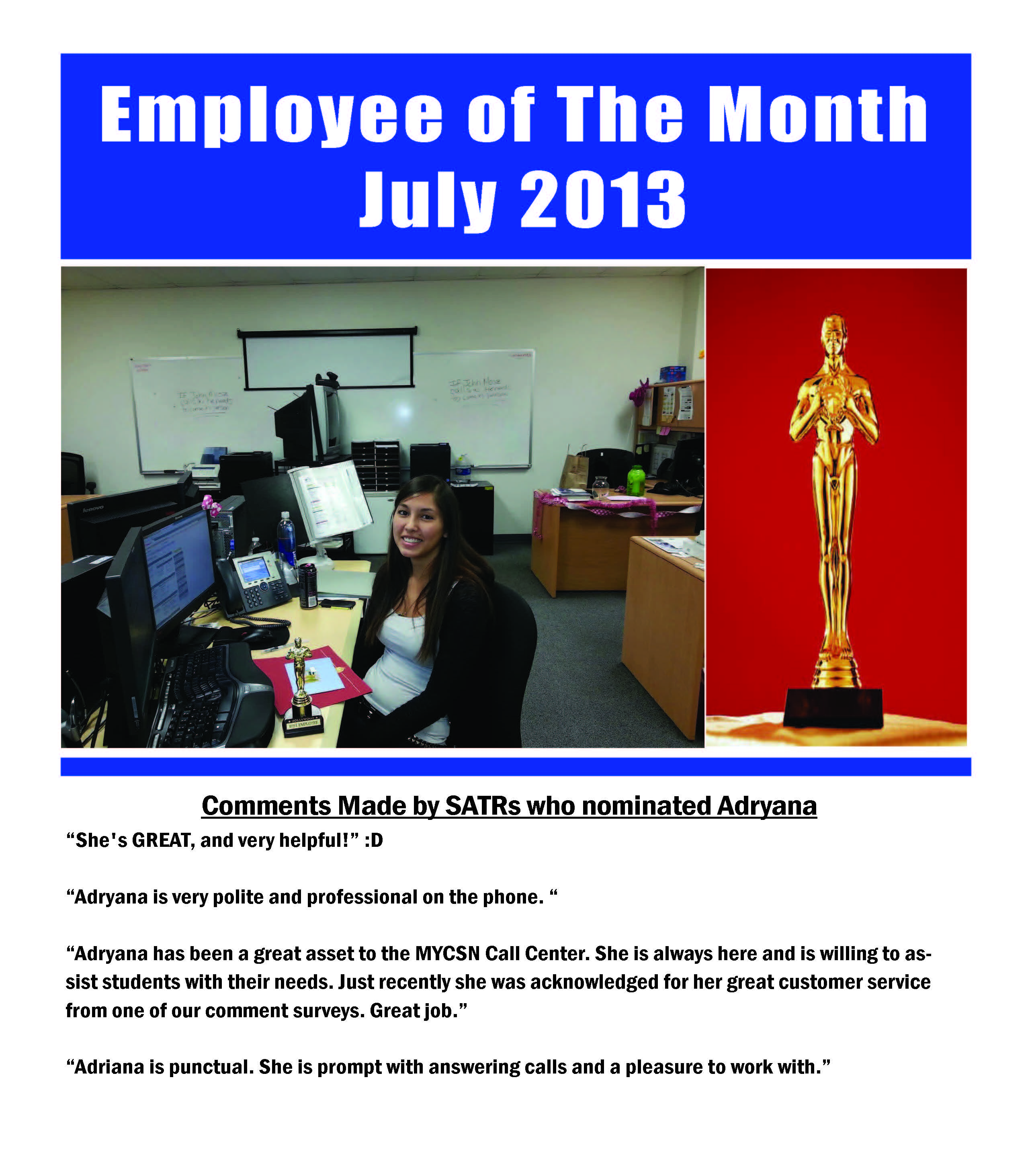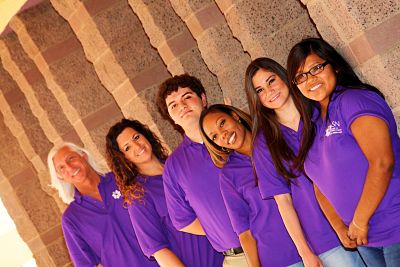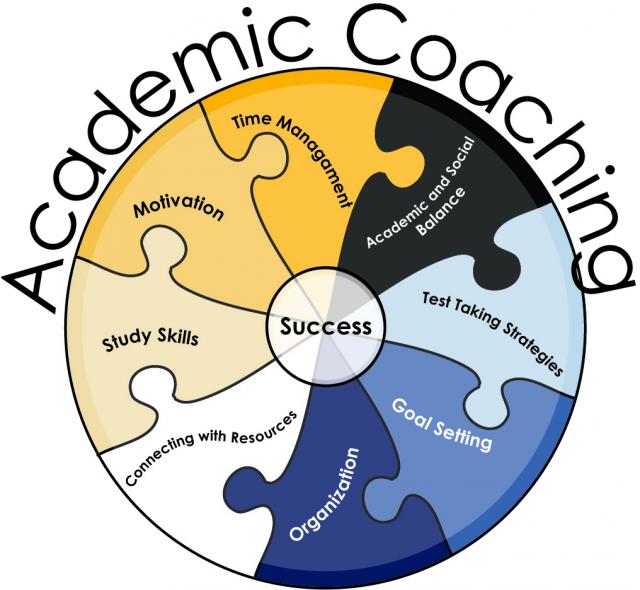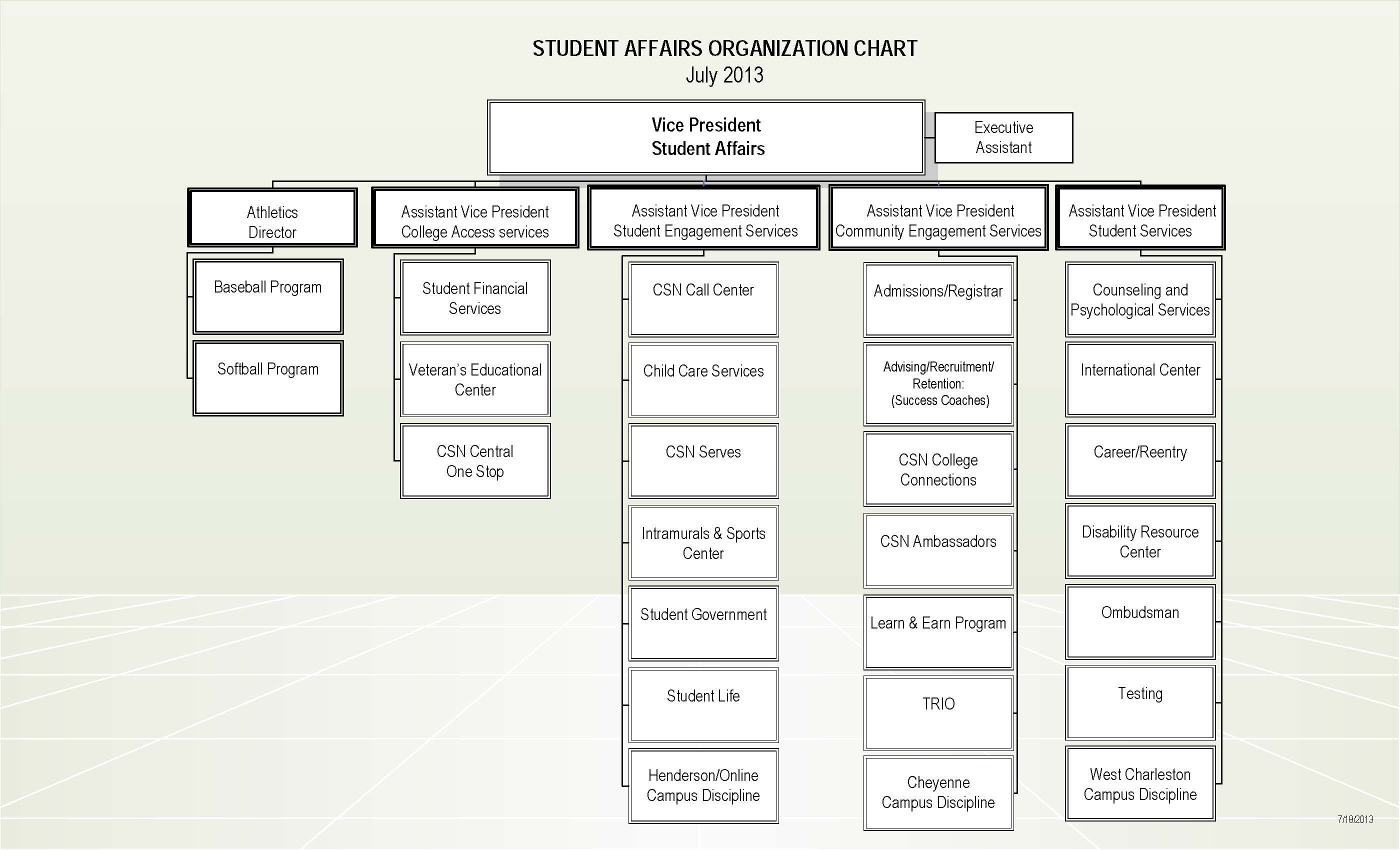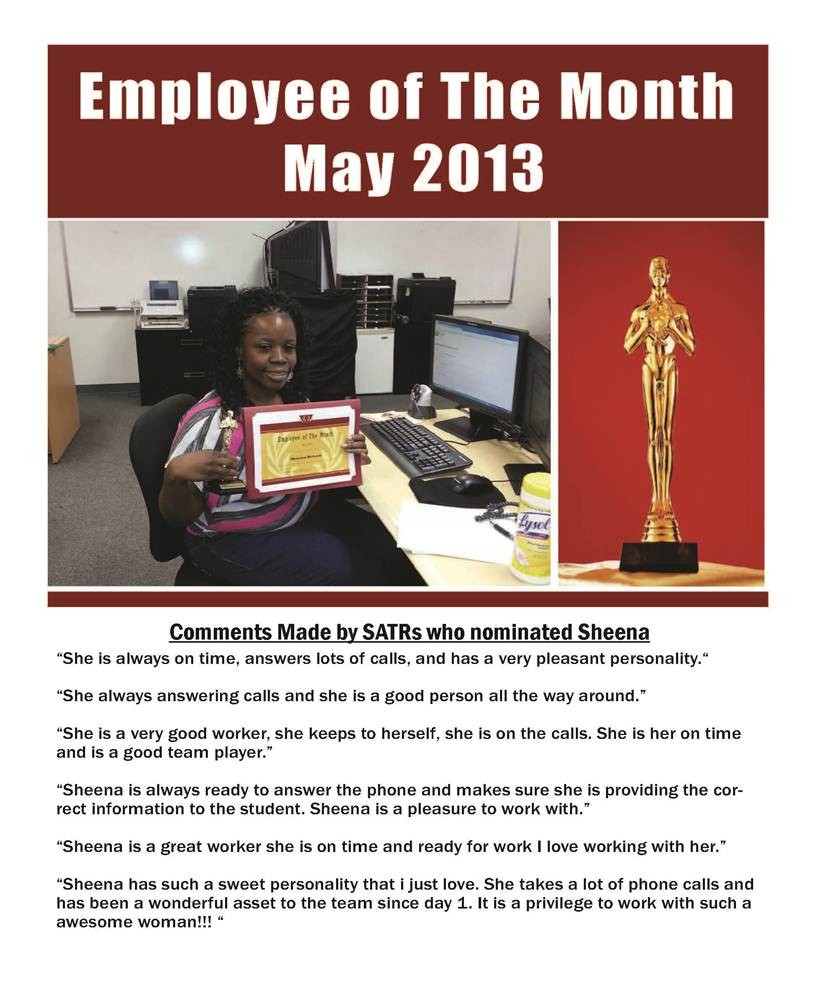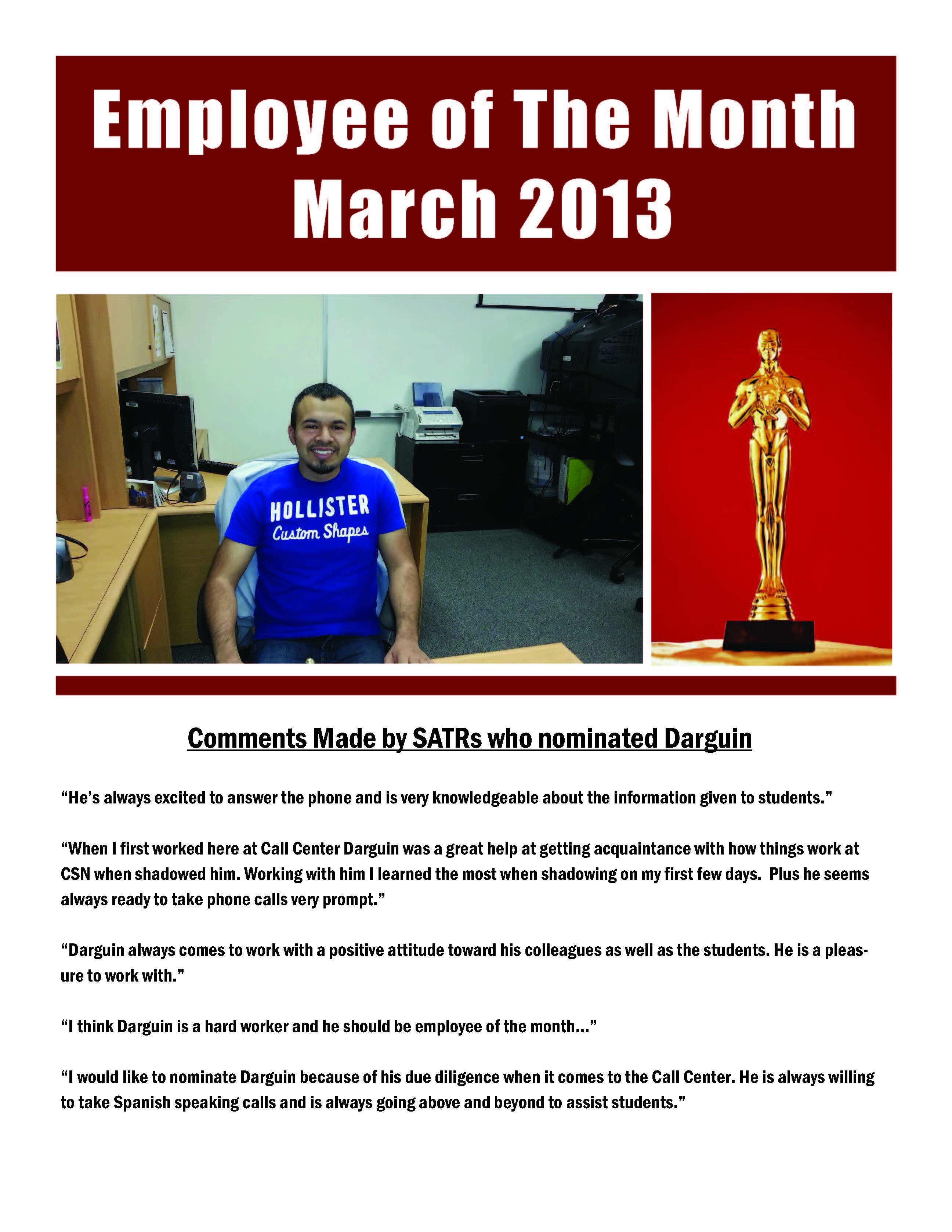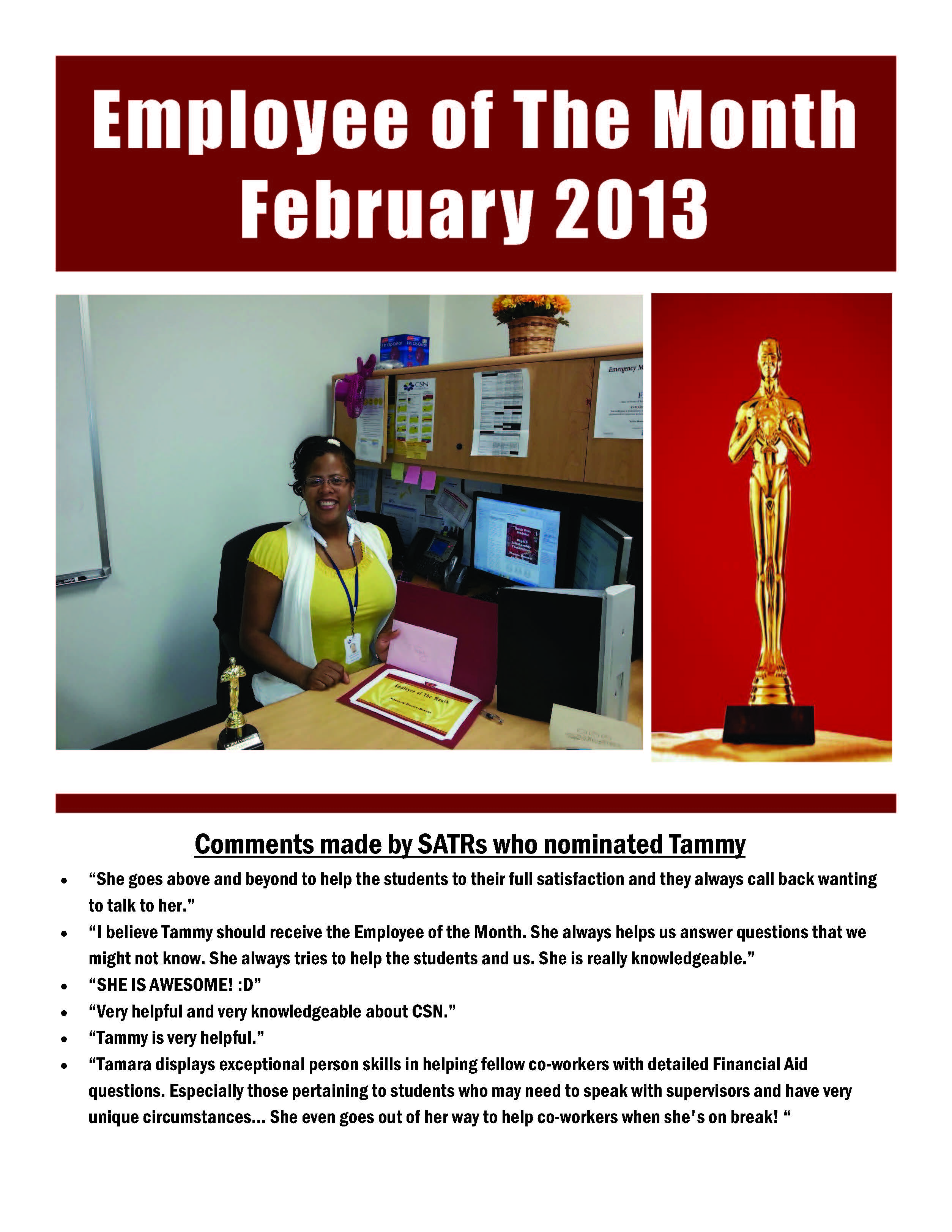It is with genuine excitement that we transition under the umbrella of Student Affairs. We believe this is a perfect union and are excited about the many new collaborations and resources this unification will yield as we maintain our shared focus surrounding successful student outcomes. Campus Child Care is dedicated to serving the needs of CSN student families through high quality programming, thus empowering the success of student parents in their pursuit of higher education. Through this empowerment, we serve as a model in leadership and excellence for the early childhood profession by providing a nurturing, secure, stable, and responsive environment that supports the growth and development of each individual child. More than child care, Campus Child Care is a full service, comprehensive early childhood and family amenity program.
Campus Child Care implements a balance of two curriculum approaches, blending the internationally, well-respected and research-validated strategies of High/Scope, accompanied by the widely adopted, dynamic processes of Emergent Curriculum. Both curriculum approaches align perfectly with Campus Child Care’s philosophy, where play is at the center of our curriculum, allowing for natural links to occur between play, development and learning! These child-centered curriculum approaches operate on the basic idea that organic, whole learning evolves from the interactions between children, adults and their environments.
Children between the ages of birth to five do not learn because they are taught. They learn as a result of their own doing…through actions, relationships, inquiries, opportunities and repetition. Our teachers become research partners with the children, seeking answers to questions and supporting investigations, discoveries and developmentally appropriate experiences. Our school is their laboratory, offering materials and tools to inspire each child’s growth, development and learning. Within all of this fun and interactive learning, children are assessed across 58 key developmental indicators – observable early childhood milestones that guide teachers as they plan experiences for and interact with children. These key indicators link directly with the State of Nevada’s Pre-Kindergarten Standards as well.
Parents/Families are not assessed within our program; however, each family/parent is individually supported and provided resources based on their individual needs surrounding parenting, community-based resource/support connections (in and out of our CSN community), flexible scheduling options for their child’s attendance, and so much more. As mentioned previously, we are more than just a child care program…we are an extension of your family!
.
Ron Barakat
Site Manager – Cheyenne Campus Child Care
